

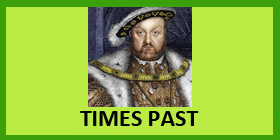
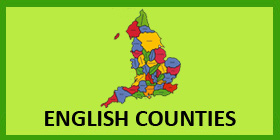
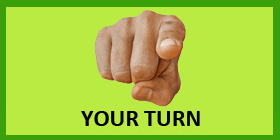
Back to the Intro Page


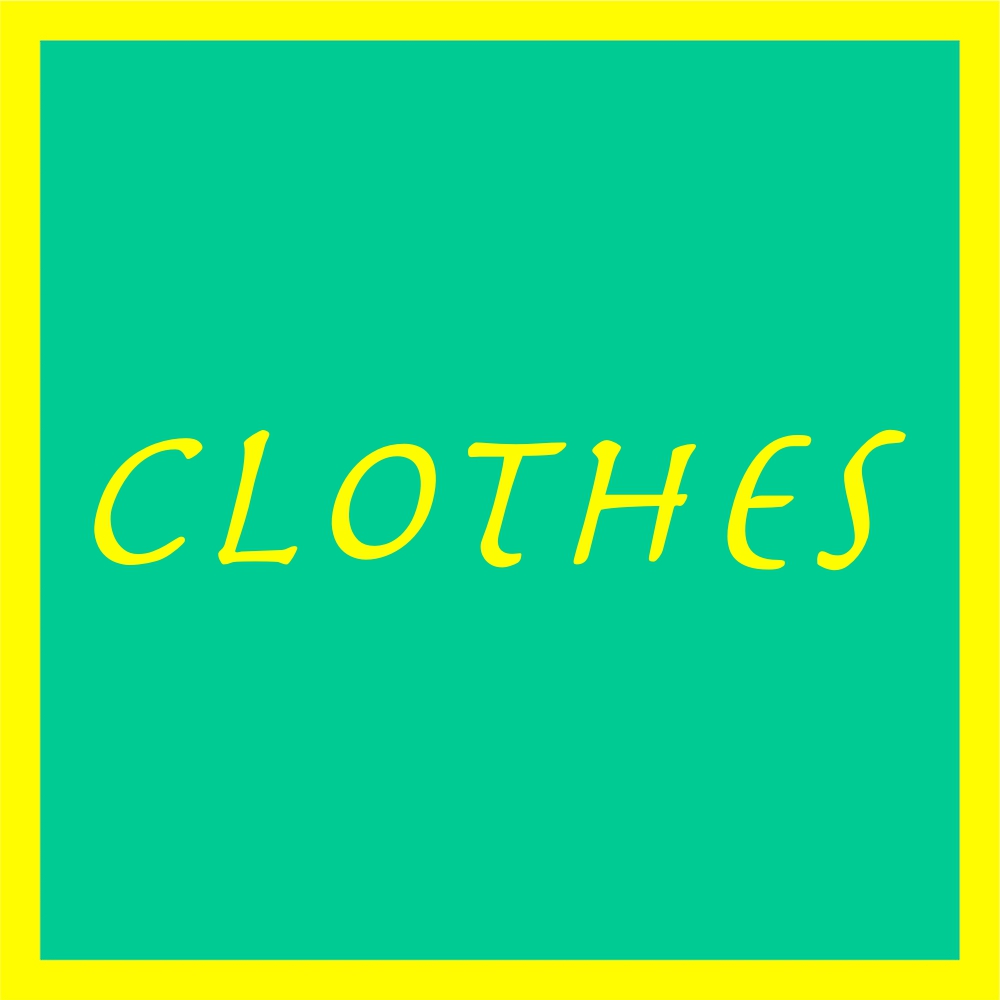


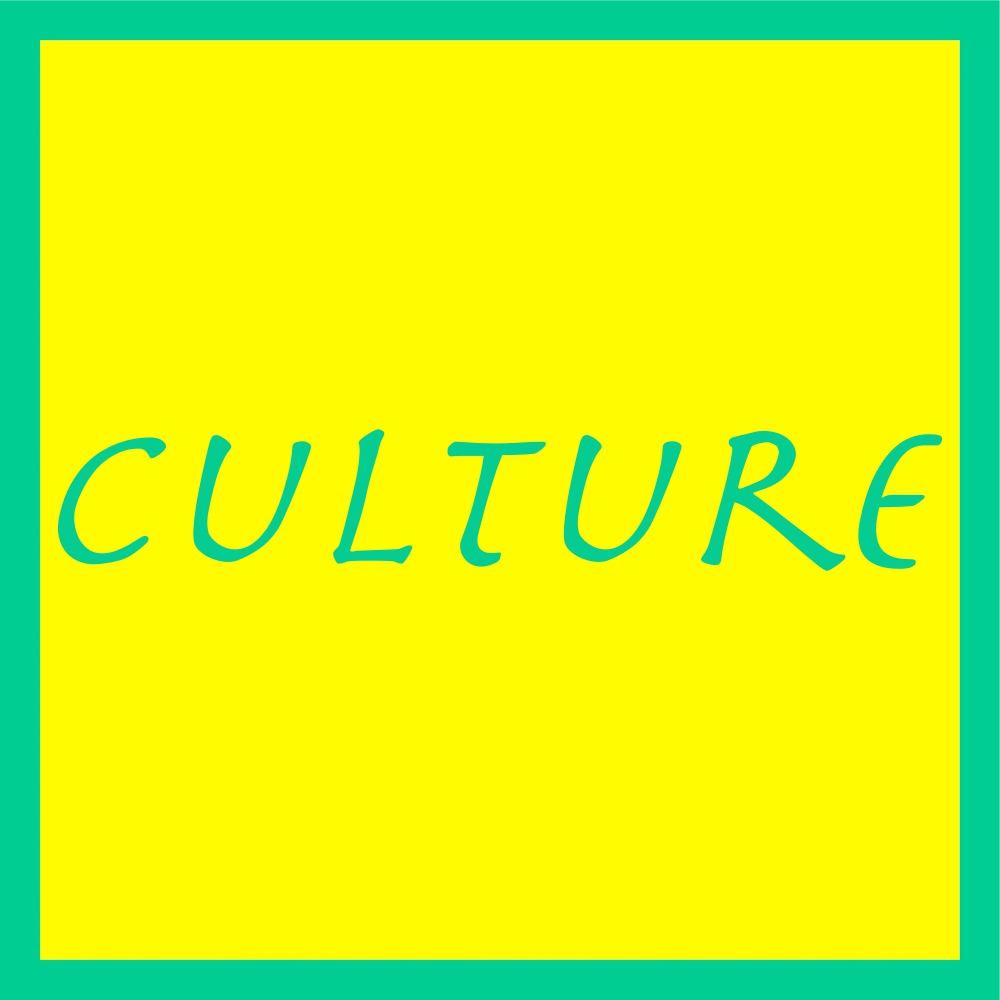
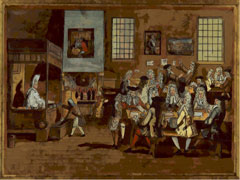
Before the civil war it was a continuation of Tudor times with theatres and fairs providing entertainment for ordinary people. After the civil war, under Cromwell, theatres were shut down and fairs discouraged. The Puritans believed that going to the theatre was a sin. People would spend time in their own home, praying or having friends round to listen to a visiting preacher. When Charles II was restored, life became fun again. Theatres re-opened. Coffee shops were a focal point of life. Great thinkers would write pamphlets and deliver them to coffee shops for people to read and discuss. Great painters like Rubens, van Dyck and Lely came from the Netherlands to paint in England during the time of Charles I and others followed. Shakespeare was followed by Milton, Bunyan and Swift as some of the great writers of the time. Cromwell had introduced the idea of people being able to marry outside of church but Charles reversed this. Every woman was expected to marry. Education became more important as people had to be able to read and do simple arithmetic when buying and selling goods. People also became more aware of time and clocks became cheaper to buy. Science and discovery progressed quickly. In 1628 William Harvey published his discovery of how blood circulates around the body. Francis Bacon declared that things weren't true just because Greek philosophers had said so. He argued that careful observation and experiment was key to finding out how the natural world worked. In 1645 a group of philosophers and mathematicians began holding meetings to discuss science and natural philosophy. In 1662 Charles II made the club the Royal Society, which still exists today.
Back to the Tudors Hoots - CultureForward to Mainly the Georgians Hoots - Culture

